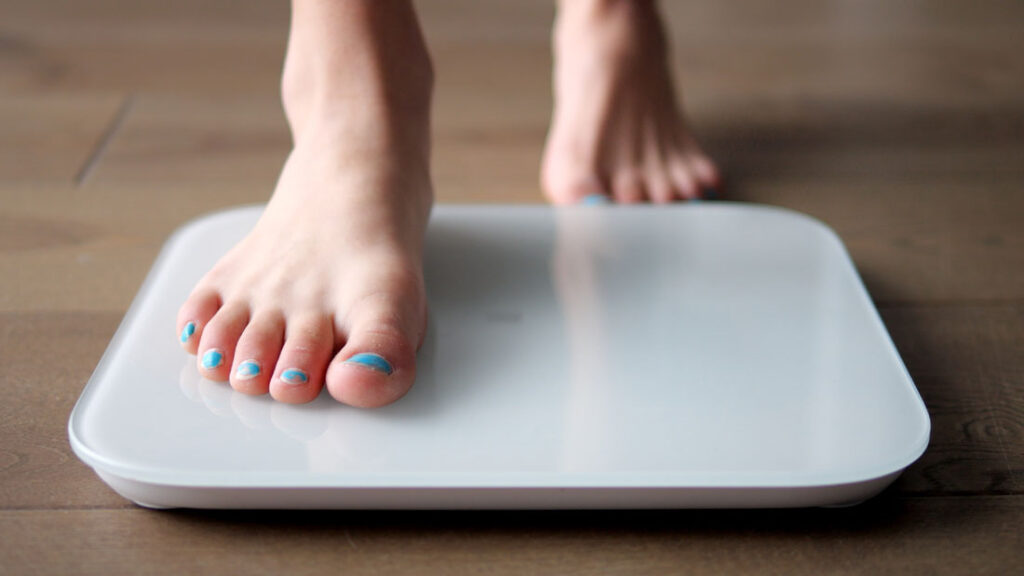
The sun is setting earlier and it’s getting colder outside. You know what that means for most of us. No motivation to go to gym or be active whatsoever. All we probably want to do is sleep and stay under the warm covers. But wait, can we have the best of both worlds where we can sleep, exercise and keep that waistline down?
We’ve all heard it before: standing is always a better option than sitting because it can reduce one’s risk of type 2 diabetes (among other benefits, like improved posture over time, stronger muscles, productivity). No wonder it’s beneficial to get a desk treadmill or go for a brisk walk during the walk day instead of becoming a zombie in front of a computer screen.
A new study conducted at the University College London researched if sitting, sleeping, and standing could possibly lead to a higher or lower BMI when replaced with different types of exercise. So, what did the science show? (1)
In a study published in the European Heart Journal, researchers analyzed results from over 15,000 participants who were 53 years and older. The analysis of the study focused on examining the relationship between various health-related outcomes and time spent in different activities. The activities measured using devices included sleep, sedentary behavior (SB), standing, light-intensity physical activity (LIPA), and moderate to vigorous physical activity (MVPA).
After the study, was conducted, associations between various activities were analyzed. The research findings indicated that replacing 30 minutes of SB, sleep, LIPA, into MVPA led to a lower BMI. On the other hand, when LIPA and MVPA was replaced with sleep, standing, or SB that in fact contributed to a higher BMI.
Participants waists even became smaller when 30 minutes of sleep, standing and SB were replaced with intense sessions of movement. However, there was also a negative impact when LIPA was with sleep or time standing. So can we now go guilt-free if we want to sleep in instead of getting to the gym? Sleep and exercise might go hand in hand with one another so that’s why we brought in an expert.
Should We Favor Exercise Over Sleep? An Expert Weighs In.
Is this study one we can trust? Well, according to Maristella Lucchini, a Senior Clinical Researcher at Nanit Lab, she believes this study has a lot of strength due to its large sample size and its inclusion from participants in multiple countries. She also said the study was objective in recording activity levels and cardiometabolic health.
However, there might be some limitations to this study that are worth considering. For instance, Lucchini said the participants of the study are relatively healthy, such as being non-smokers and getting around seven hours of sleep a night.
From the study, she also said that the replacement of sleep instead of physical activity might only benefit people who already get a sufficient amount of sleep at night. She also indicated that the timing of both sleep and physical activity were impactful in the study in terms of heart health.
“For example, replacing 10 minutes of sleep with physical activity in the morning might be more beneficial than doing so at night right before going to bed,” she told Sleepopolis.
The benefits of sleep connected to weight loss and maintenance are seen in the study, but also in Lucchini’s own practice, especially for pregnant women.
“In my field of research on sleep during pregnancy, several studies have shown a relationship between sleep duration and quality and optimal weight gain in pregnancy and weight retention postpartum,” she said. “But, to support this holistic conceptualization of health, several studies have also shown that women who were performing regular exercise reported better sleep.”
Even though sleep itself doesn’t directly contribute to weight loss, Lucchini said it can maintain a healthy weight and overall better lifestyle. She said sleep plays a significant role in affecting our hormones that regulate our hunger cues, leading to consuming more unhealthy foods.
“These processes, together with psychological alteration due to poor sleep, can also alter our decision-making, leading to poorer food choices, for example favoring energy-rich foods with high carbohydrate content, including sweets, salty snacks, and starchy foods,” she said. “Poor sleep can lead to sleepiness and fatigue, also reducing engagement in physical activity, an indirect pathway linking poor sleep to unhealthy weight.”
With this in mind, Lucchini presented us with some suggestions on how to incorporate both sleep and exercise to create a healthy and well-balanced lifestyle. She said to aim for a consistent seven-hour sleep routine with a variability that is less than 30 minutes.
“For example, one night you go to bed at 11 p.m. and wake up at 6:15 a.m.; the next day you go to bed at 10:45 p.m. and wake up at 6 a.m.,” she said.
When it comes to exercise, she said to set realistic and attainable goals. This could mean just incorporating 10 minutes of moderate exercise into your daily routine. Even though the results show that exercise is always the way to go, it’s important to prioritize both physical activity and sleep because one without the other leads to an unbalanced lifestyle.
Sources
1. Blodgett, Joanna M., et al. “Device-Measured Physical Activity and Cardiometabolic Health: The Prospective Physical Activity, Sitting, and Sleep (ProPASS) Consortium.” European Heart Journal, Nov. 2024, p. ehad717. DOI.org (Crossref), https://doi.org/10.1093/eurheartj/ehad717.
Lucchini, Maristella. Personal Interview. November 13, 2023.



























